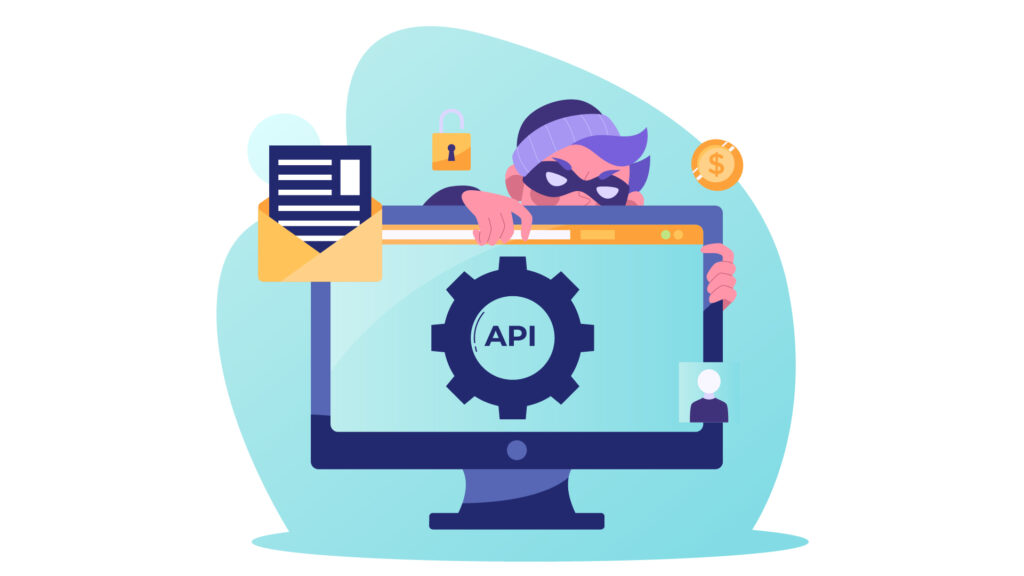We recently partnered with Peneto Labs
to conduct vulnerability and penetration testing on our IT infrastructure, and we couldn't be more satisfied with the experience. From beginning to end, their team showed outstanding expertise and professionalism. They delivered a comprehensive report filled with actionable recommendations and provided multiple solution walkthroughs. Their guidance was instrumental in resolving issues, ultimately helping us obtain an audit certificate. This certificate was crucial for achieving compliance with our client. We highly recommend Peneto Labs penetration testing services.

















